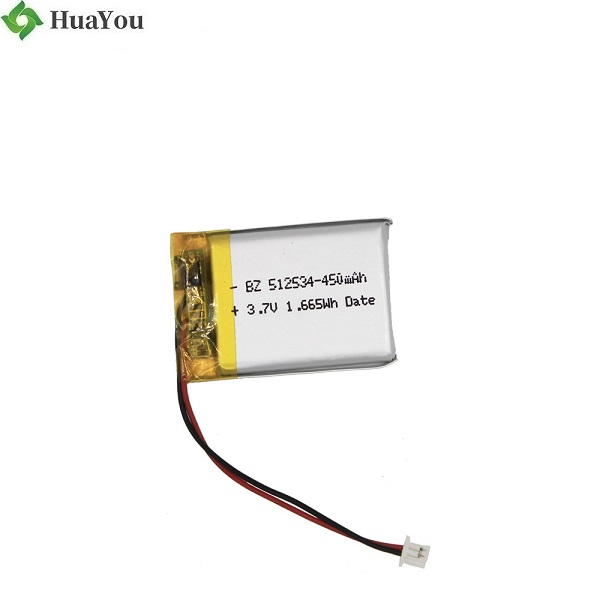The origin of lithium-ion batteries
The world's first lithium-ion battery was born in the United States in March 1976. An oil company engineer uses metallic lithium as the positive electrode and titanium sulfide as the negative electrode. Relying on the movement of lithium ion positive and negative electrodes, current is formed inside the battery to complete the charging and discharging process, and interact with the outside world to form electrical energy.
Through research, the energy storage capacity and charge-discharge time of lithium-ion batteries are far superior to other rechargeable batteries at that time, which arouses great interest. After the 1980s, people intensified the transformation of the lithium-ion battery prototype, greatly improving its stability, size and production process. Lithium-ion batteries are widely used in mobile digital and even electric vehicles. But with the expansion of the scale of use, the risks of lithium-ion batteries have gradually surfaced.
Advantages of lithium-ion batteries
1. Lithium-ion battery high-voltage channel: The average voltage of a single battery is 3.7V or 3.2V, which is approximately equal to the series voltage of three nickel-cadmium batteries or nickel-hydrogen batteries, which facilitates the formation of battery packs;
2. Compared with batteries, lithium-ion batteries have a higher energy density. The storage energy density is high, which has reached 460-600Wh/kg, which is about 6-7 times that of lead-acid batteries;
3. Compared with lead-acid batteries, lithium-ion batteries are lighter in weight, and the weight is about 1/5-6 of that of lead-acid products in the same volume;
4. The service life of lithium-ion battery is relatively long, and the service life can reach more than 6 years. A battery with lithium iron phosphate as the positive electrode, charged and discharged at 1CDOD, has a record that can be used 1000 times;
5. High power endurance. The lithium iron phosphate lithium ion battery for electric vehicles can reach 15-30C charge and discharge capacity, which is convenient for high-intensity startup and acceleration;
6. Low self-discharge rate and no memory effect;
7. Lithium-ion battery has strong high and low temperature adaptability, and can be used in the environment of -20℃--60℃, and can be used in the environment of -45℃ after processing;
8. Green and environmental protection, no matter it is produced, used, or scrapped, it does not contain or exists toxic and harmful heavy metal elements and substances such as lead, mercury, and cadmium.
Disadvantages of lithium-ion batteries
1. The safety of lithium-ion batteries is poor and there is a risk of explosion.
2. Lithium-ion batteries made of lithium cobalt oxide cannot be discharged at high currents, and their safety is poor.




